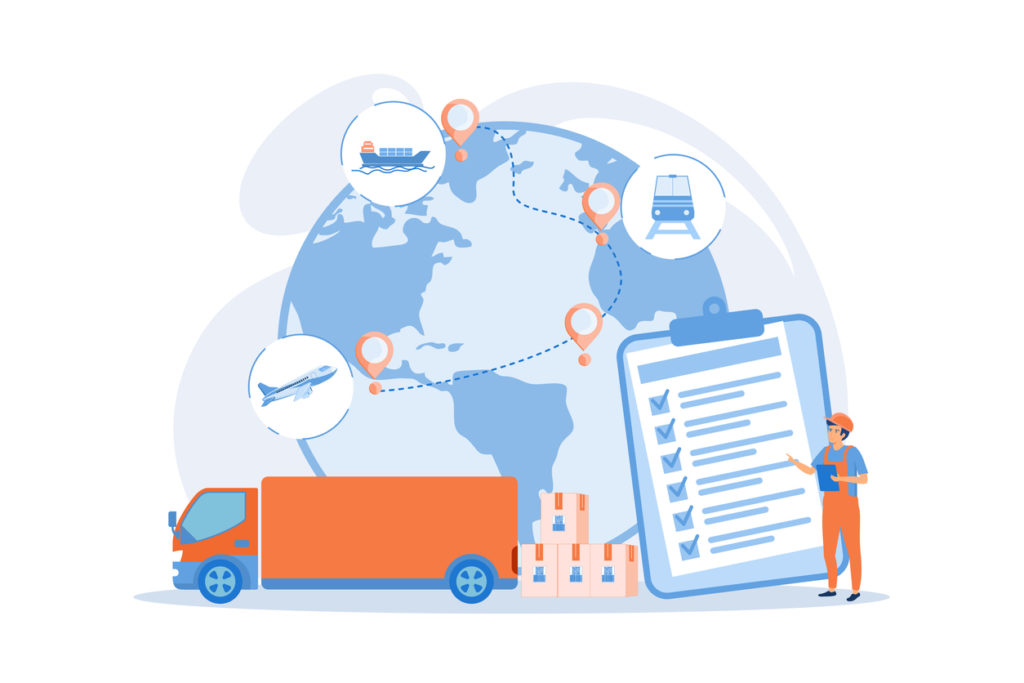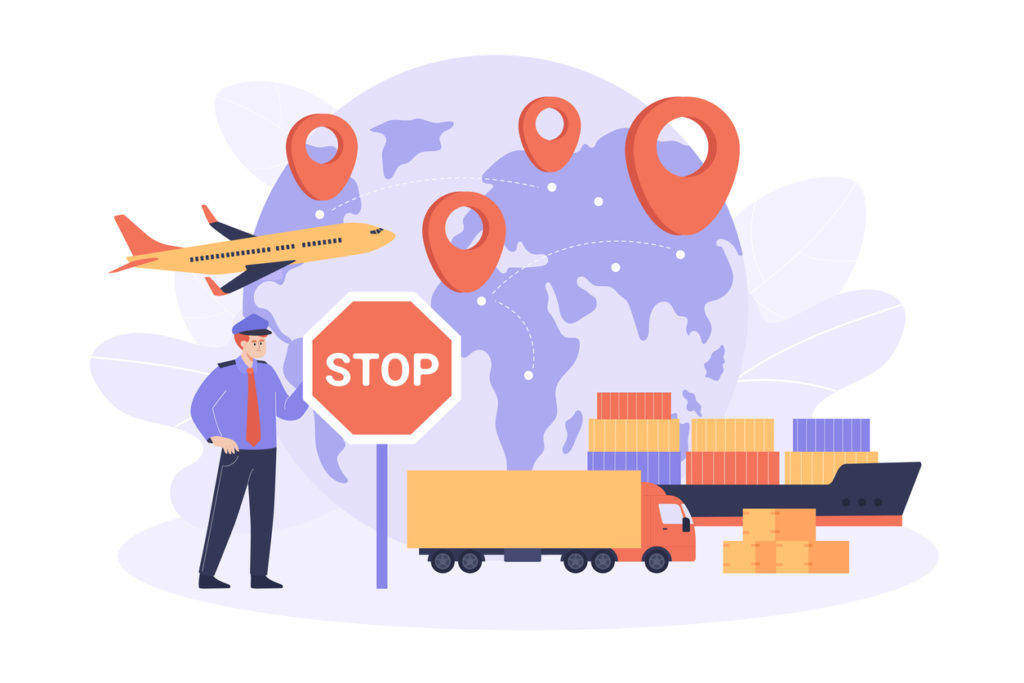What is the ATLAS system?
The most important facts in brief: ATLAS is the name of the German customs system. Each country has its own customs system through which it records the declarations electronically. In Switzerland, for example, this is called e-dec, in Austria e-zoll and in Germany ATLAS. You must therefore also purchase different customs software for processing in each country in order to be able to make the declaration.
The ATLAS customs system: efficiency and automation in international trade
In the context of international trade, the correct handling of customs formalities and the rapid processing of goods are of crucial importance. The ATLAS customs system (Automated Tariff and Local Customs Clearance System) plays a central role here. It was set up to automate and facilitate the processing of customs procedures in Germany and within the European Union (EU). But what exactly is the ATLAS system and what advantages does it offer users? Immerse yourself with us in the world of ATLAS.
What is the ATLAS customs system?
ATLAS is an IT system that was developed by the German customs administration and is used for the electronic processing of customs declarations and other customs-related processes. With ATLAS, companies can submit their customs declarations electronically and in real time, making the entire process faster and more efficient.
How ATLAS works
-
Electronic submission: Companies wishing to import or export goods can submit their customs declarations electronically via the ATLAS system. These declarations contain all the necessary information about the goods, their origin, their value and their destination.
-
Automated processing: Once the application has been submitted, it is automatically checked by the system. The system checks the data for consistency and accuracy and determines whether additional information or documents are required.
-
Rapid feedback: As soon as the check has been completed, companies receive electronic feedback on whether their application has been accepted or whether further action is required.
-
Seamless integration: The system is able to network with other European customs systems, enabling smooth and efficient processing of cross-border customs transactions.
Advantages of the ATLAS customs system
-
Time savings: Electronic submission and automatic processing of customs declarations can save companies a lot of time.
-
Reduction of errors: The system has built-in checking routines that help to identify and correct errors in the applications.
-
Cost efficiency: Automating the customs declaration process reduces the need for manual intervention and therefore lowers overall costs for companies.
-
Transparency: With ATLAS, companies can track the status of their customs declarations in real time, which ensures greater transparency and better planning.
Conclusion
The ATLAS customs system has revolutionized the customs declaration process in Germany and within the EU. With its automated functions and its ability to integrate with other systems, it has considerably simplified and accelerated the processing of international trade transactions. ATLAS is an indispensable tool for companies that depend on efficient and reliable customs clearance.
Helpful links on the subject of ATLAS
What can we help you with?



